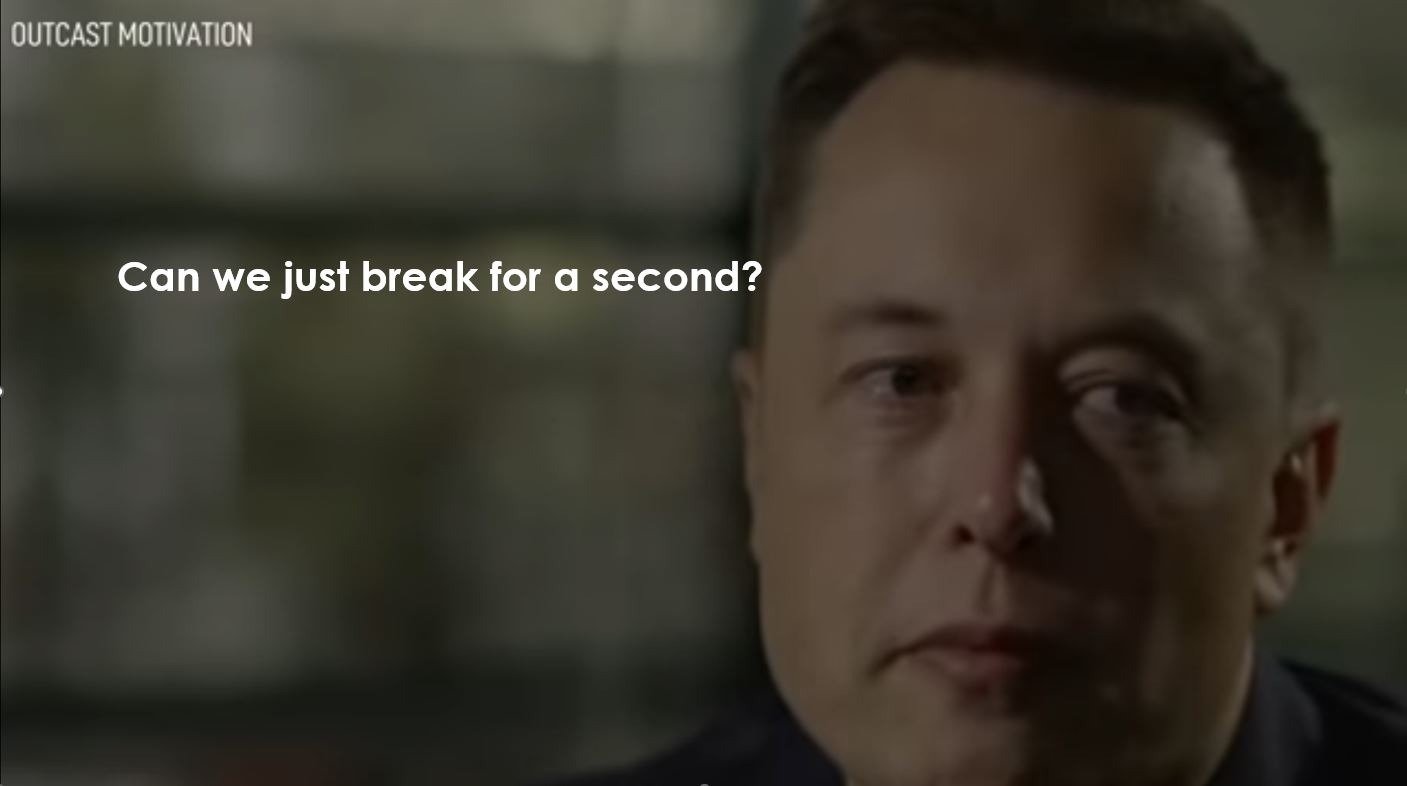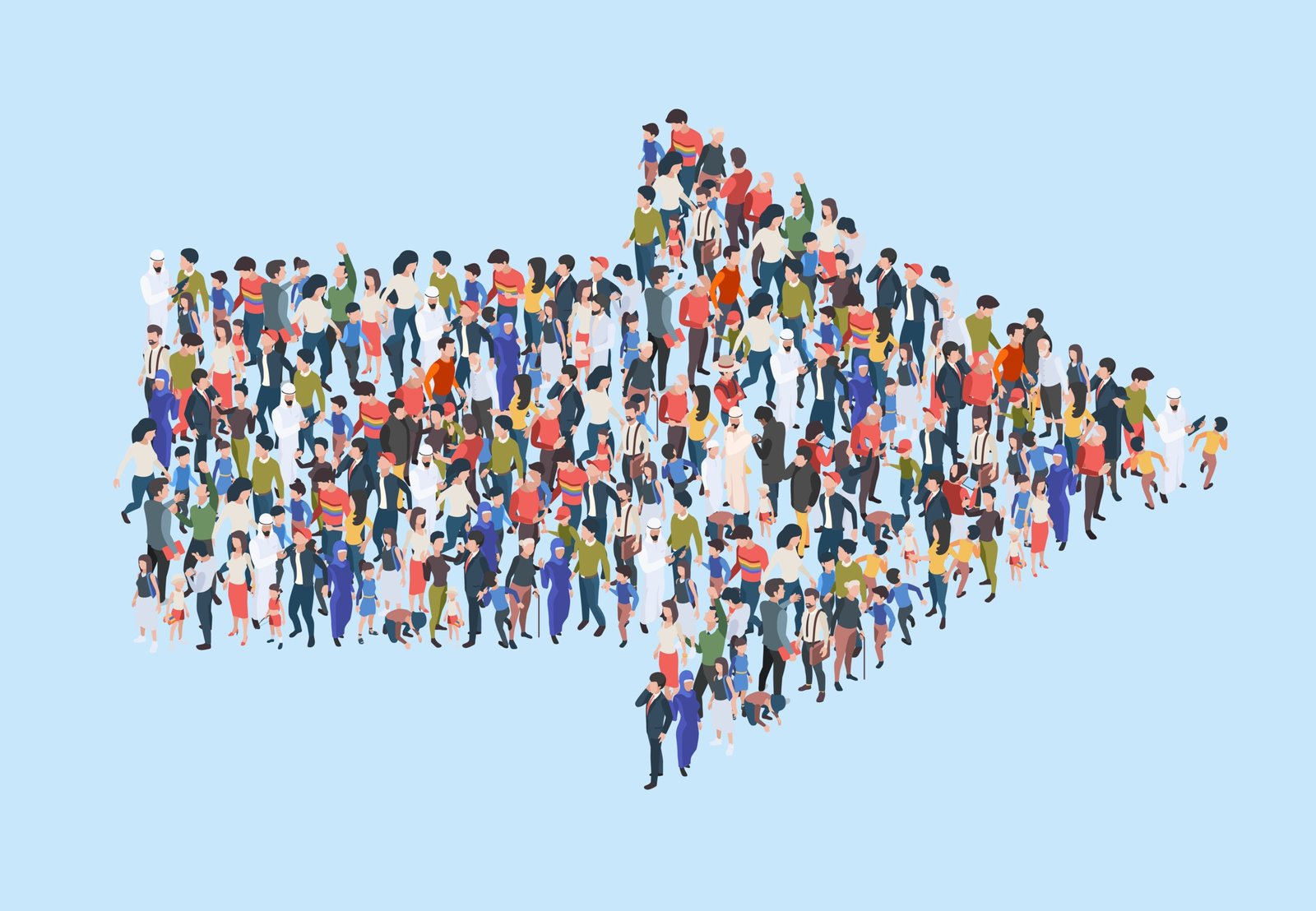Last week, while teaching Sustainable Leadership to a group of CEOs from leading technology companies, I asked them: “What’s the biggest challenge you and your teams face?”
Their response was unanimous: OVERWHELM.
Overwhelm isn’t just the feeling of being busy. It’s a state where the brain’s executive functions—responsible, among other things, for creativity, big-picture thinking, decision-making, and focus—become overburdened. Leaders often grapple with this due to the sheer demands of their roles, but with this group, one cause stood out…
𝗔𝗿𝗲 𝗬𝗼𝘂 𝗮 𝗛𝗮𝗽𝗽𝗶𝗻𝗲𝘀𝘀 𝗣𝗼𝘀𝘁𝗽𝗼𝗻𝗲𝗿?
Last week, Facebook sent me one of those “memory” photos—three joyful moments with my family. Curiously, in each one, I’m sporting a fake beard. Two of the photos were from costume parties where I served as a host and facilitator (could you guess what I dressed up as?), and the third captured me as the ONLY parent willing to volunteer to dress up as Santa Claus for my kids’ school party. Looking at those beaming faces, I felt a surge of bliss. But then a thought struck me. Was I really happy in those moments?
Continue readingJust another Manic Monday
Last week, I had the opportunity to speak with a group of senior executives from a large multinational company. As we settled into the conversation, I kicked things off with a simple question: “How are you all doing today?” Their answer really made me stop and think…
Continue readingReconnecting with your Best Self
As Amelia, a Vice Chairman in a large multinational organization, walked into the meeting room filled with 35 Exco members and SVPs she was a bit nervous. After all, only last year these people were all her peers, and most of them have been in the organization longer than she had. She sat down, took a sip from her tall cup of water, and observed the faces of her friends and colleagues. She was unsure if they were ready to hear what she was about to say, but it was high time they did.
Continue readingThe importance of having titanium-grade support
Last month as I was skiing with my kids in the French Alps, I fell and broke my collarbone. It was a shocking experience (yes, sigh…pun intended).
As a volunteer paramedic, I spent many a day rescuing others from difficult situations, and on the snow, I am that person who stops to help anyone who falls. Yet suddenly I found myself on the side of the injured.
As I was whisked off to the hospital the X-ray results were conclusive: I would need to be operated on and have a titanium-grade support plate installed before I could begin to heal. Although this was by no means a fun experience, it did bring its share of learnings.
Here are six lessons I learned from needing titanium-grade support…
Continue readingOn puppies, meaning, and the pursuit of happiness
In the United States’ Declaration of Independence, Thomas Jefferson wrote:
“We hold these truths to be self-evident, that all men are created equal…with certain unalienable rights, that among these are Life, Liberty and the Pursuit of Happiness”.
But was Thomas Jefferson correct? Should we pursue happiness or meaning?
What does research have to say about the wellbeing and health consequences of each choice?
And most importantly, how can we ‘have it all’ in a post-Covid world?
Is your job killing you?
I’m often surprised by statements on the ineffectiveness of remote work like the one made by David Solomon, CEO of Goldman Sachs in Feb 2021
Yet, I am even more surprised when these statements come from forward-thinkers like Elon Musk, whom I admire.
As the world emerges from Covid to a new form of normality, isn’t it high time we redesign a world where our work is valuable, enjoyable, invigorating, challenging, and demanding but not lethal?
The question is: can we just break for a second?
Are you Unstoppable?
Last week my daughter came home on the verge of tears after her rowing competition. She really wanted to win, but she didn’t get to be on that podium.
She felt she failed herself, but especially her coach, who had such high hopes for her.
In this post we use her experience to explore what prevents leaders from being unstoppable and what we first need to re-learn in order to become more focused, intentional, and aware in our work and lives.
Continue readingWorking from home is simply a fad
As the workplace transitions into a post-pandemic new normal, leaders and companies who would like to stay ahead of the curve need to create those worklife environments now to both retain as well as attract the best talent. In this article, I outline four common misconceptions and suggest five steps to move forwards toward an optimal post-pandemic worklife.
Continue readingThe 4A’s to B Framework – Practical steps to promote Belonging in your team
Belonging is one of our most basic human needs; it is the feeling of being safe, included, and accepted in a group. This article presents an evidence-based framework to support inclusive leadership development. The framework – called “The 4A’s to B” – guides leaders through a 4-step process to promote and strengthen B (for Belonging) in teams and organizations.
Continue reading










